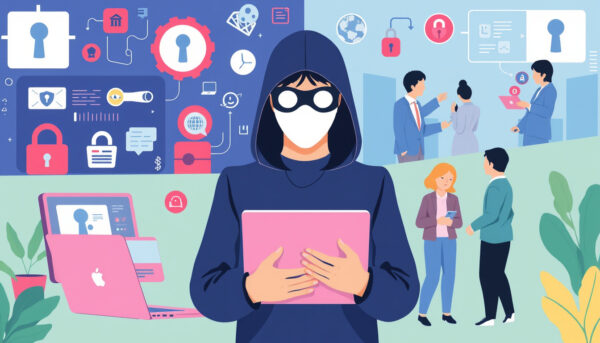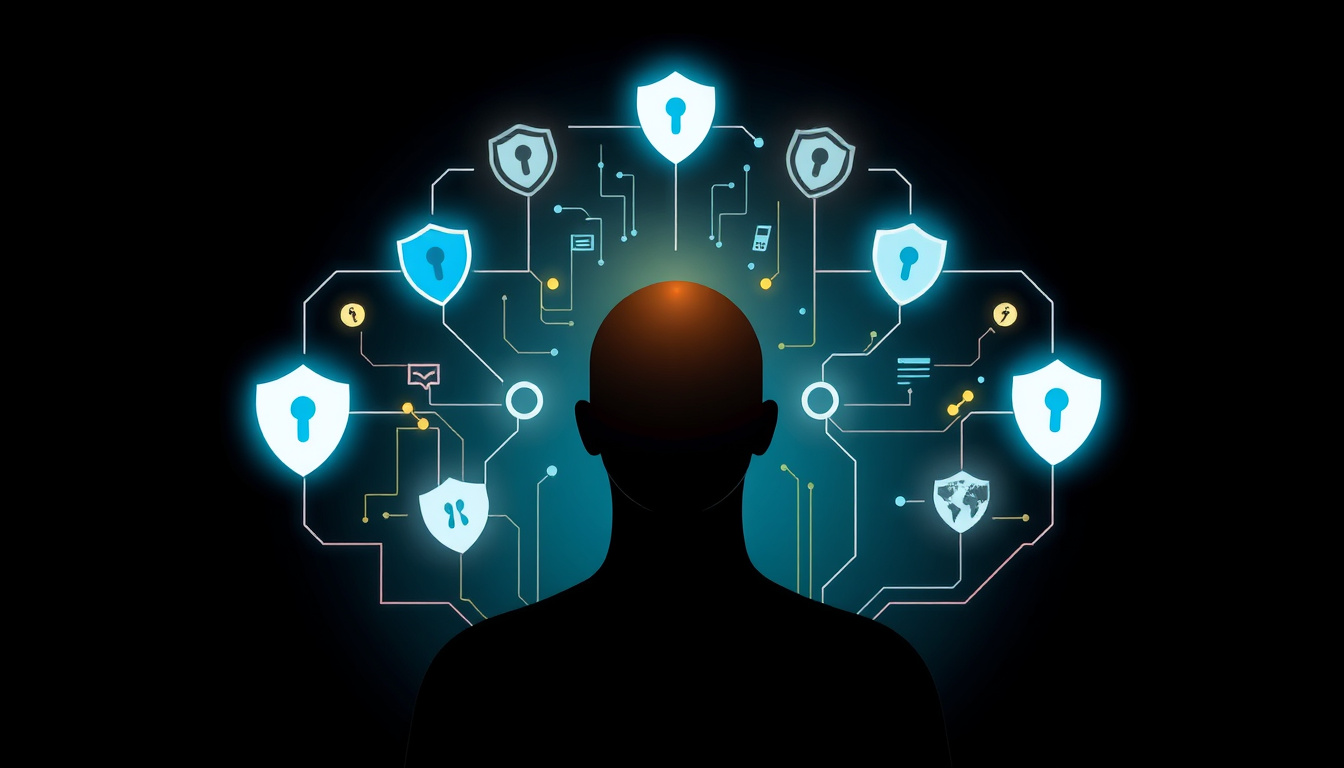10 Effective Strategies to Keep Your Identity Secret Online and Offline

In an age where information is readily available and often exploited, keeping your identity secret both online and offline has become increasingly important. Whether motivated by personal safety, privacy concerns, or simply a desire to maintain anonymity, there are numerous strategies you can adopt to safeguard your identity. Here are ten effective tactics to consider.

1. Use a VPN for Internet Privacy
One of the most straightforward ways to maintain online anonymity is to use a Virtual Private Network (VPN). A VPN encrypts your internet connection, masking your IP address and making it harder for others to track your online activity. While using a VPN doesn’t grant complete invisibility, it’s a crucial step in enhancing your online privacy.
2. Opt for Encrypted Communication
When sharing messages, emails, or making calls, choose encrypted messaging apps such as Signal or WhatsApp. These platforms use end-to-end encryption, ensuring that only you and the intended recipient can read the messages, thereby reducing the risk of interception.
3. Avoid Sharing Personally Identifiable Information (PII)
Be cautious about sharing personal information like your full name, address, phone number, or any sensitive data, especially on social media platforms. This information can be exploited for identity theft or unwanted solicitation. Always think twice before revealing such details, even in seemingly private communication.
4. Utilize Anonymous Browsing Techniques
For truly private browsing, consider using browsers designed for anonymity, such as Tor. Tor routes your internet traffic through multiple servers, effectively obscuring your identity. Alongside this, make it a regular habit to delete your browsing history, ensuring that traces of your online activities are not left behind.
5. Create Alternate Email Accounts
When signing up for services that require an email, use disposable or junk email accounts. Services like Temp Mail generate temporary addresses, allowing you to avoid spam in your primary inbox and minimizing the chance of your real identity being associated with online accounts.
6. Regularly Review Privacy Settings
Many online platforms, from social networks to various apps, come with extensive privacy settings. Periodically review these settings to ensure that you limit data sharing as much as possible. This includes disabling location tracking and restricting app permissions on your devices.
7. Be Cautious with Public Wi-Fi
Using public Wi-Fi can expose your personal information to hackers unless you’re using a VPN. It’s advisable to avoid accessing sensitive data, such as banking websites, while connected to public Wi-Fi networks. If you must use them, ensure that your VPN is active at all times.
8. Keep Social Media Profiles Private
If you use social media, set your profiles to private and restrict who can view your content. Regularly monitor your connections and be mindful of friend requests from unknown individuals, as they could be fishing for your personal information.
9. Use Strong, Unique Passwords
Creating and maintaining strong passwords for your accounts is crucial in protecting your identity online. Use a password manager to generate unique passwords across different sites, reducing the chances that one compromised account will lead to others being at risk.
10. Monitor Your Digital Footprint
Regularly search for your name online to see what information is publicly accessible. Websites that aggregate personal information can pose a risk, and you may need to take steps to remove or limit such data. This proactive approach helps you keep your digital footprint minimal.
By implementing these strategies, you can significantly reduce the likelihood of your identity being compromised. Although complete anonymity may be challenging to achieve, taking these steps can provide peace of mind and protect your personal information both online and offline. Always be vigilant and stay informed, as the digital landscape continues to evolve with new threats to our privacy.
